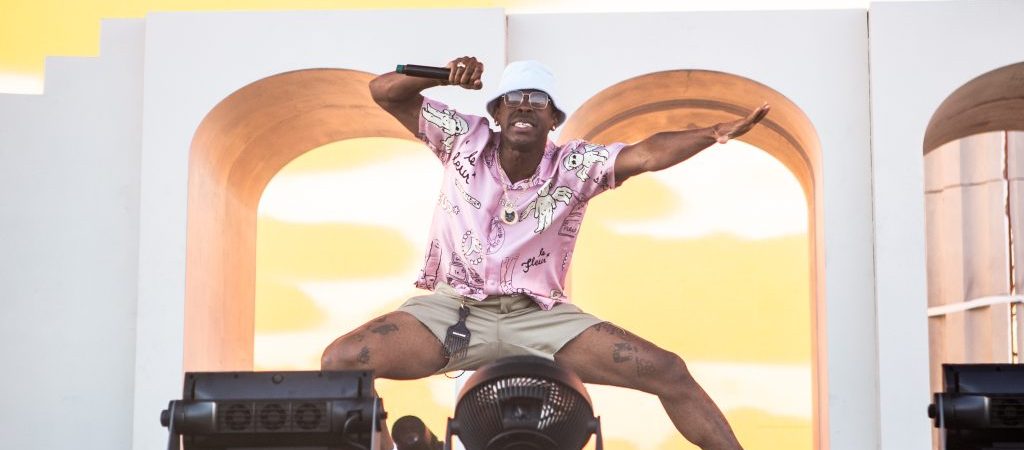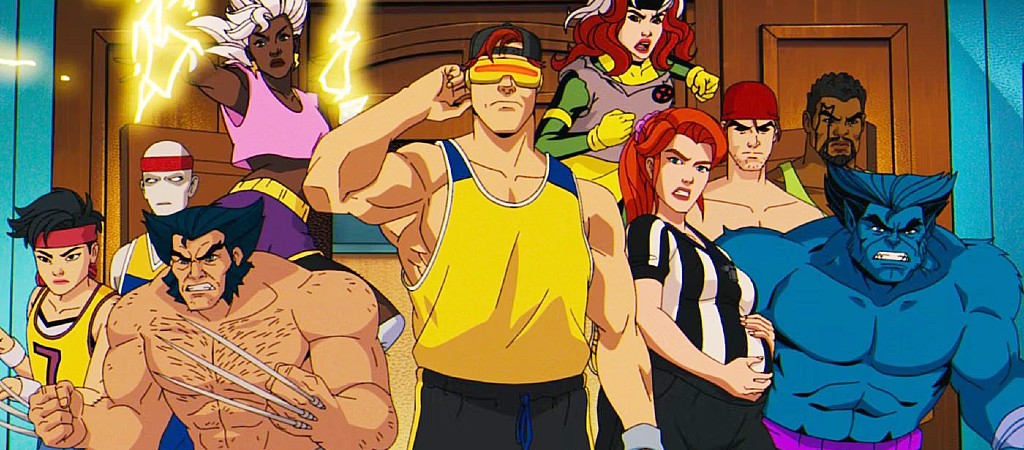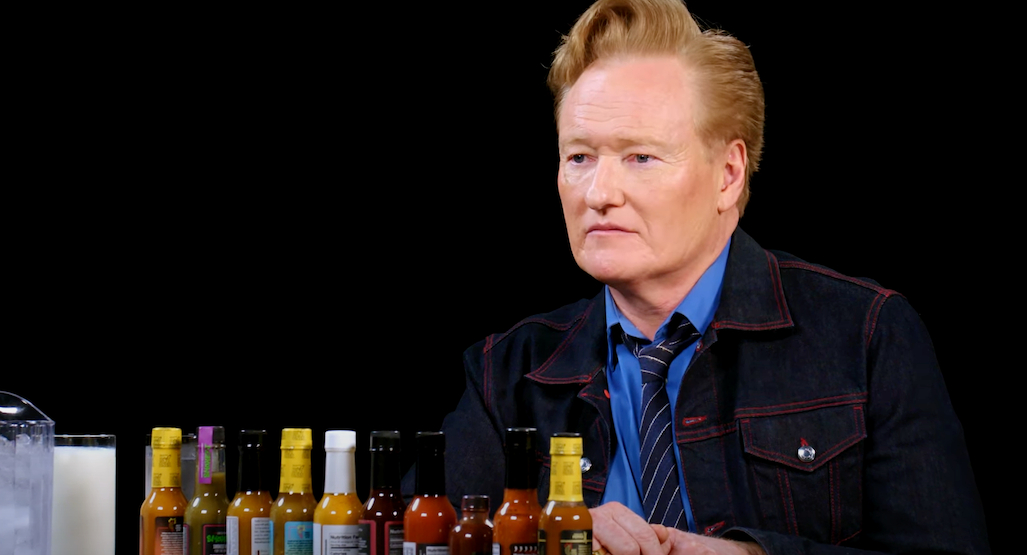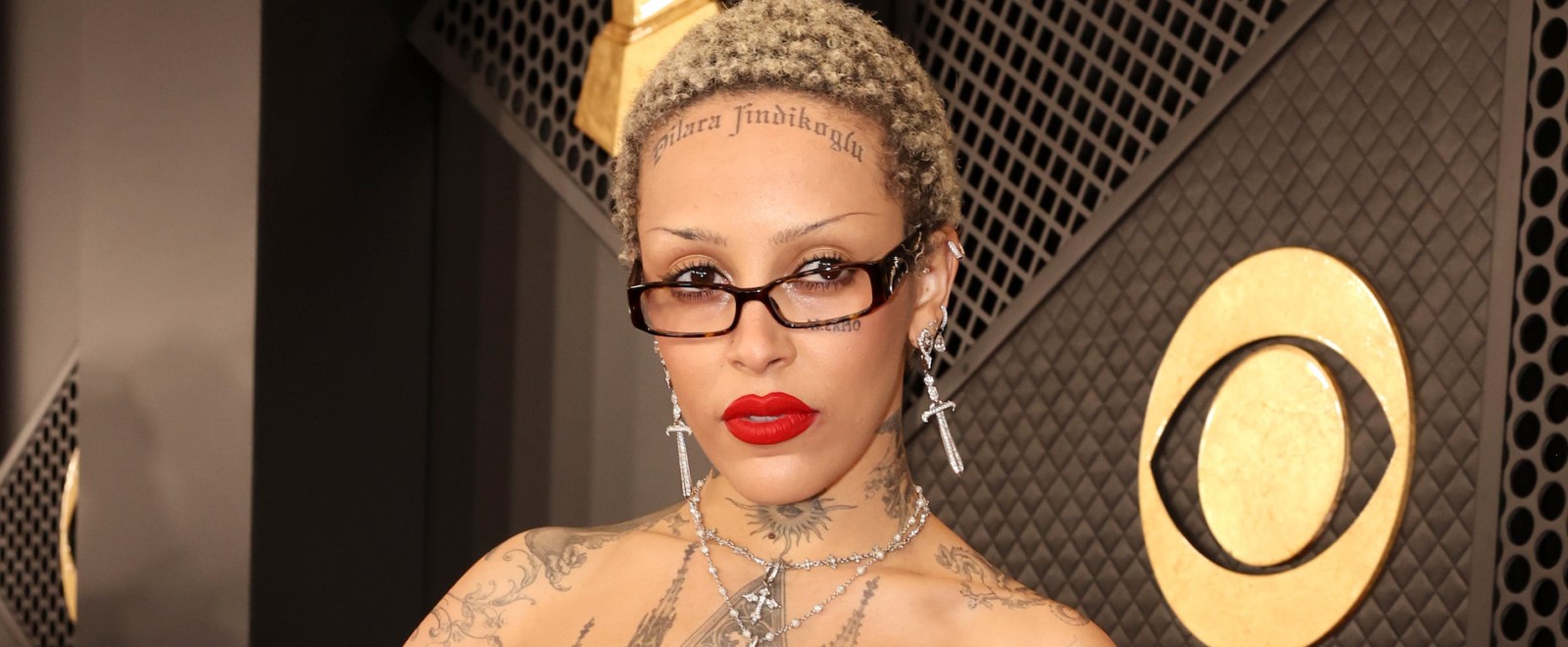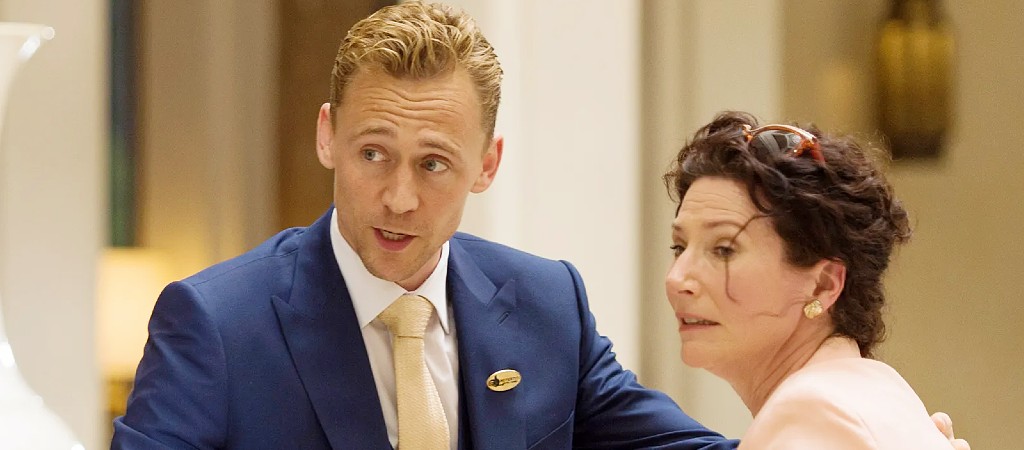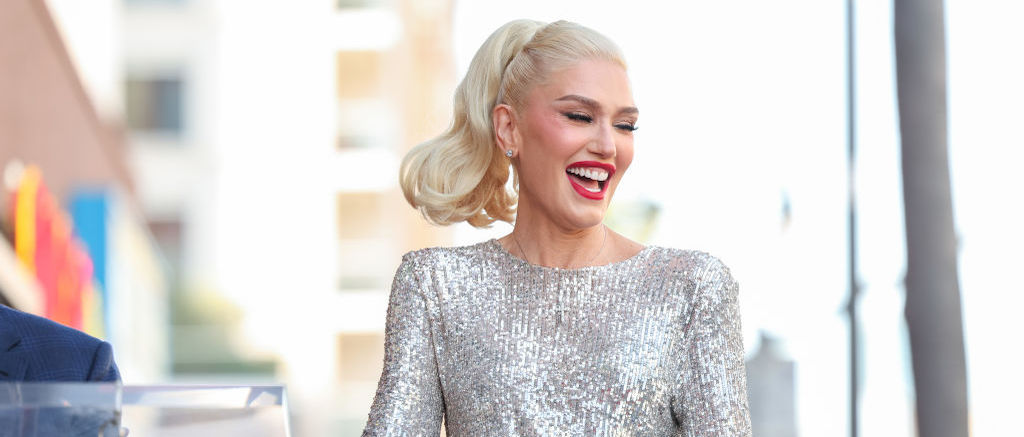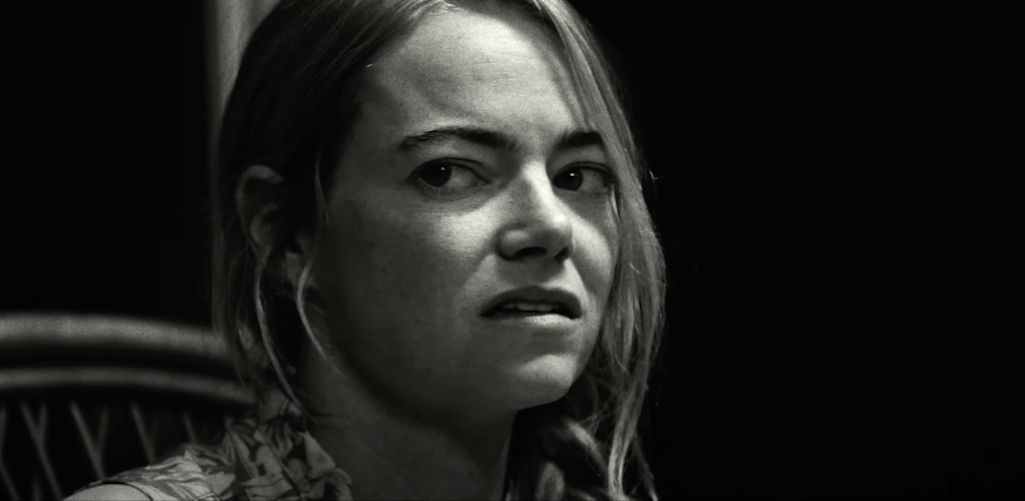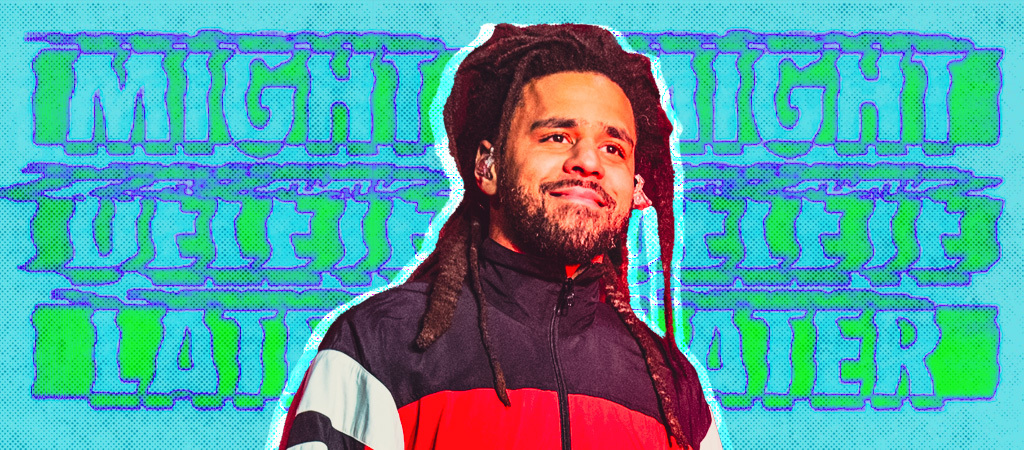
Only J. Cole would include Gucci Mane in a list of features on the opening track of his new mixtape, Might Delete Later, and then turn him into Big Rube. Like most of J. Cole’s output, how you feel about this probably depends on how you feel about J. Cole, in general.
Personally, I’m sort of mystified by him. As a beneficiary of the Wild West days of the blog era, he’s been unexpectedly successful using a style that, by practically any other metric, should be woefully out-of-style, a quixotic, backward-looking flow harkening to the days when Rawkus Records had backpack rappers overachieving left and right. (This isn’t a slight on Rawkus, by the way. But let’s just say that the rappers who most inspired J. Cole weren’t exactly known for their commercial successes amid the shiny suit era.)
I wouldn’t call Cole a “relic,” but his worshipful, borderline quixotic approach to lyrics-over-everything rap has made him a divisive figure among hip-hop fans. My pet theory is that his connections to Jay-Z and the anything-goes openness of the era into which he made his entry into the public consciousness meant he got way further than perhaps he should have with a style that many fans see as regressive and boring. Certainly, he got further than a whole slew of similarly ’90s-obsessed underground sound revivalists.
This isn’t even a new observation for me. In my KOD review in 2018, I said his fifth studio album “doesn’t hold up when you think about it critically for more than ten seconds.” In my review for its follow-up, The Off Season, I questioned whether his commitment to the craft of rap “leads to a more entertaining product” at the end of the day.
I even wrote a feature in 2021 comparing him to controversial director Zack Snyder — a comparison that has taken on some fascinating dimensions in the wake of the critical panning of Syner’s latest two-part film project, Rebel Moon. The obvious parallel is Cole’s new mixtape, which has drawn attention for its warlike intentions — and Cole’s meek withdrawal thereof in the span of a weekend.
That it was the second project overshadowed by this overblown feud between Drake and Kendrick Lamar is telling. Even more so is the microcosm of the project in the example I cited above. I’m unsure who exactly was clamoring for Gucci Mane, Big Guwop, the godfather of trap, to perform Def Poetry spoken word like Dewey Jenkins in The Boondocks. And I hate to fall back on cliché, but I found the effect more soporific than energizing, the way their previous collaboration, “There I Go” with Mike Will Made-It was.
Might Delete Later arrived by surprise as fans awaited word of Cole’s long-promised seventh album, The Fall-Off. He’d previously explained the portentous title as the ultimate answer for his self-questioning after reaching the mountaintop of his success. “I had a real talk with myself… ‘You made it to where you wanted to make it to. Do you wanna keep going or do you just want to chill and go start a family? Do you want to retire right now?’”
Might Delete Later might have been better served with a release date after fans had also received that answer, because its misplacement ahead of The Fall-Off suggests mileage on those metaphorical legs that encourage — or even demand — a little more time on the sidelines. Or maybe even the purchase of a spiffy suit and putting that communications degree to work on a regional cable affiliate (what’s the rap equivalent of a broadcast analyst job? Please, just no more podcasts [shudders]). Cole does what he does here, admirably, but… it doesn’t feel like he’s pushing himself, growing, getting better, or feeling the exhilaration he touted as his goal in Slam‘s profile of him a few years ago.
Even the highest point of the tape, the Dipset-sampling “Ready ’24,’ is a nostalgic nod to Cole’s high-school days, complete with an appearance from an original Diplomat, Cam’ron. It’s a moment designed to invoke the same excitement of The Rock reappearing in the WWE a few months before Wrestlemania, but winds up having a similar effect to that particular stunt; a crowd disappointed that the focus had shifted from the possibility of an electrifying future to a storied but stodgy past. Hip-hop has always been about moving forward; why is J. Cole so obsessed with looking back?
And if he’s going to insist on holding over traditions from rap’s past, why, of all things, does he keep employing rap’s problematic treatment of queerness? In an era in which Cakes Da Killa, Lil Nas X, Saucy Santana, and more can share space and mic time with vanguards like Jack Harlow and Latto, J. Cole’s antitrans punchlines on “Pi” feel like the most cumbersome ball of cobwebs clouding his ambitions of immortality. For someone who wants to sit on the mountaintop, he still seems more cozy in his caves, excavating lyrical gems — and the occasional lump of coal — than surveying the landscape and spreading his wings. J. Cole may not be falling off just yet, but his approach could use a refresh.
Might Delete Later is out now via Dreamville/Interscope.

